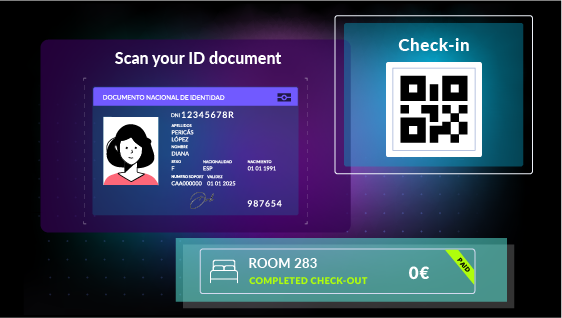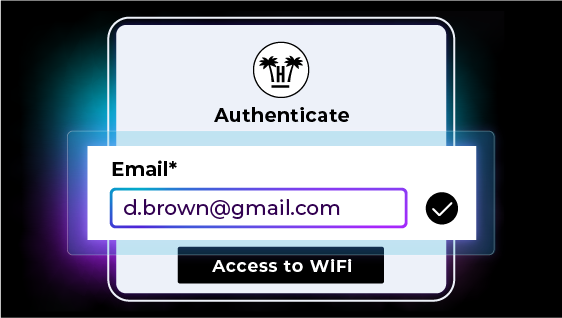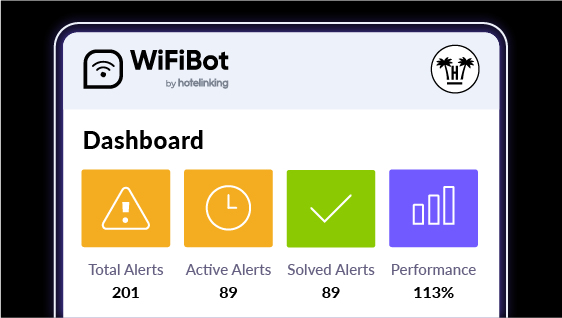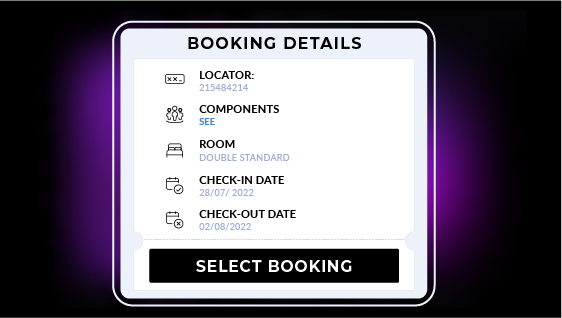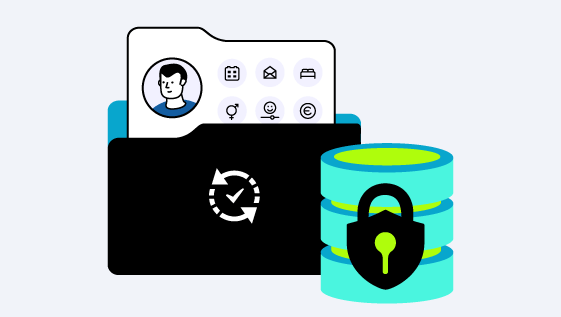
5 tips to adapt your hotel to teleworking.
Preparing your hotel to accommodate guests who work remotely can help you increase revenues and attract more bookings.
Many guests consider extending their stays since they have the flexibility to work anywhere and are able to compensate for daily work with the leisure offer in their spare time. This new trend, called workation, which combines work and vacation, is spreading rapidly, ceasing to be something exclusive to the self-employed. Digital nomads or remote workers are a very interesting traveller profile for the tourism sector because they are able to work remotely while travelling around the world. They no longer wait to go on holiday but enjoy long stays away from their usual residence while they continue to work.
How can I adapt my hotel to remote workers?
This new modality opens up an opportunity for hotels to increase revenues with longer stays and out of season. Therefore, accommodations must be prepared to take advantage of workations and attract bookings from this new niche of customers who want to experience the feeling of enjoying a holiday without actually being on holiday. Here are our tips for adapting your hotel to teleworking:
1. Create spaces dedicated to work
One of the most important elements to consider is the infrastructure of the accommodation. The common goal of this type of trip is to be able to work, so it is important to have facilities that make it easy, such as having a large table, good lighting and a comfortable seat in the rooms.
It is also essential to enable shared co-working spaces in case guests want to meet other professionals who have also chosen to enjoy a worktation, meeting rooms or specific spaces for business meetings. This makes it easier to be able to fulfil all work responsibilities while being away from the office and without giving up the pleasure of discovering every corner of the destination.
2. Offer an adapted experience
It is essential to consider how to offer added value to these guests once they are in-house. For example, to ensure a convenient and practical remote workplace, you need to ensure that it is possible to perform typical office tasks such as scanning or printing documents. Therefore, it will be necessary to have the equipment needed.
On the other hand, to improve the workation experience, you can offer other services and/or amenities not related to office tasks such as vending machines, minibars with snacks, 24-hour reception, etc. We should also consider ways to improve the experience outside the hotel by offering them, for example, tips on restaurants and attractions, or by working with local activity providers to come up with special tour packages or gym discounts.
When it comes to corporate travel or business tourism profiles, some useful additional services that provide a comprehensive experience include private parking, menus adapted to time restrictions, or even technologies that automate operations such as the digital check-in and check-out, an alternative both to simplify the guest check-in process and to increase productivity at the reception.
Offering these types of services will improve the experience of working from your hotel and guest satisfaction because it can facilitate and speed up their daily lives.
3. Ensure a good WiFi connection
A high-speed internet connection is key to facilitate remote work from your hotel; not only in the rooms, but also in the common areas to further enrich the guest experience. Keep in mind that the guest will probably have to join video conferences, make calls to colleagues and customers, and access their files remotely.
To ensure higher speed and reliability of data transmission, it is important to update devices whenever possible. Therefore, it is essential that you know the state of your network by means of technical audits to identify what adjustments or elements your network needs in order to be of high quality.
However, is not all about speed: despite having a proper installation and the condition of the components being optimal, your property may still experience some network failures from time to time. For this purpose, there are advanced tools such as WiFiBot that automatically resolve these internet connection problems without requiring the intervention of a technician or hotel staff.
4. Facilitate connections
Another key point when attracting this type of customer is having direct connections to places of interest to them. These locations can be trade shows, the city centre or even the conference centre.
Have maps of the area prepared at the hotel reception, place signage with information on the access to public transport, have direct contact with private transport companies and even have your own private hotel transport for these cases. Sometimes, you need to make the most of a trip by visiting customers in the area. For this reason, it is important, within the property’s possibilities, to facilitate connectivity and travel for the guest.
5. Review your distribution and pricing strategy
To begin with, you need to make sure that your property is in the distribution channels used by these types of travellers. This may mean that you have to be present in more OTAs or in smaller, more specialised channels.
Also, don’t forget to update the information (descriptions and images), both on the intermediary websites and on the hotel’s corporate page, to reflect the new worktation facilities.
Finally, to maximise the potential of long-term bookings, we recommend that you design specific rates for workations with competitive prices. For example, you can develop weekly and monthly rate plans with some kind of discount or free nights for a longer stay during periods of low occupancy.


